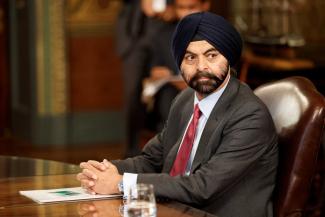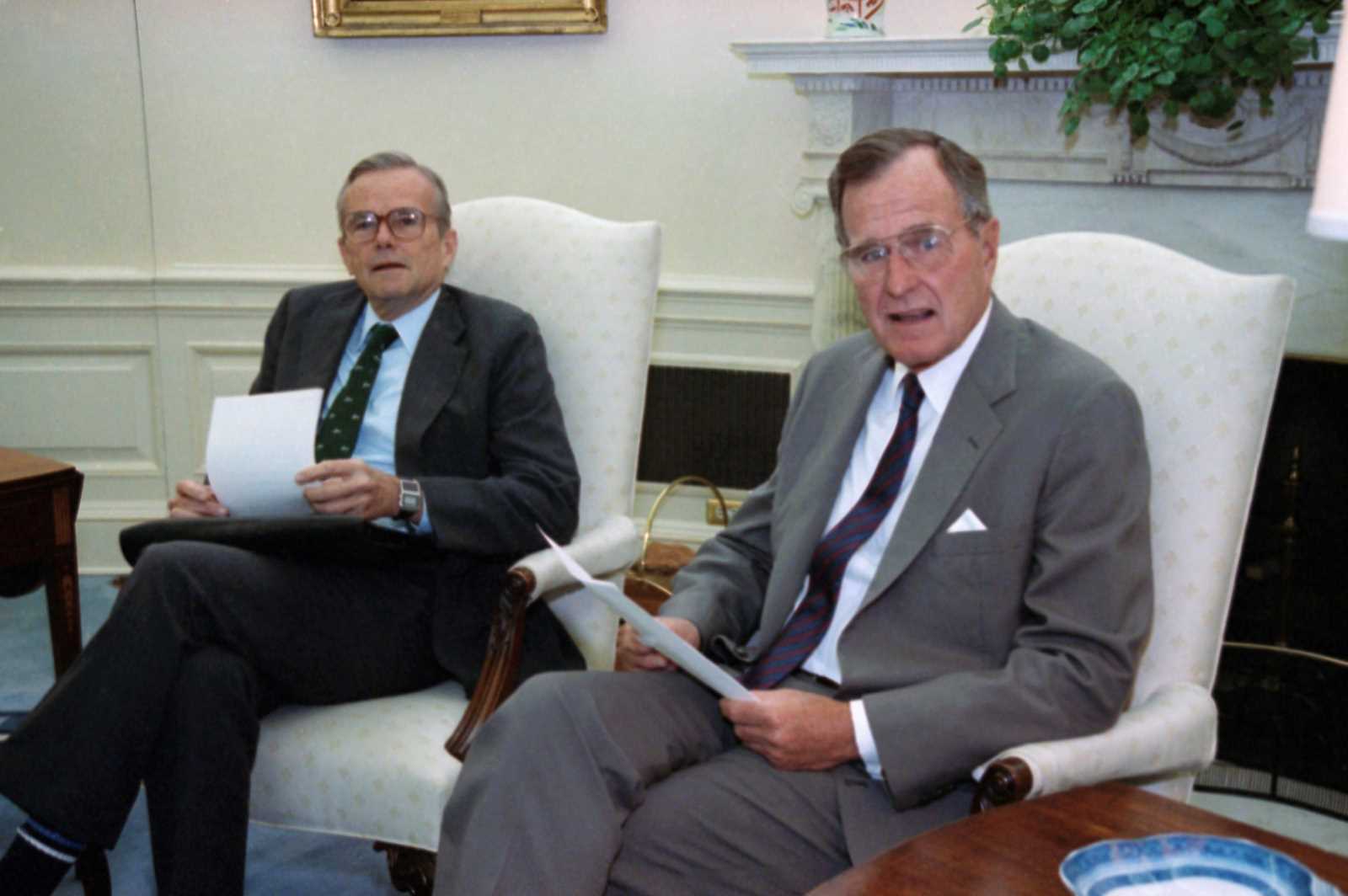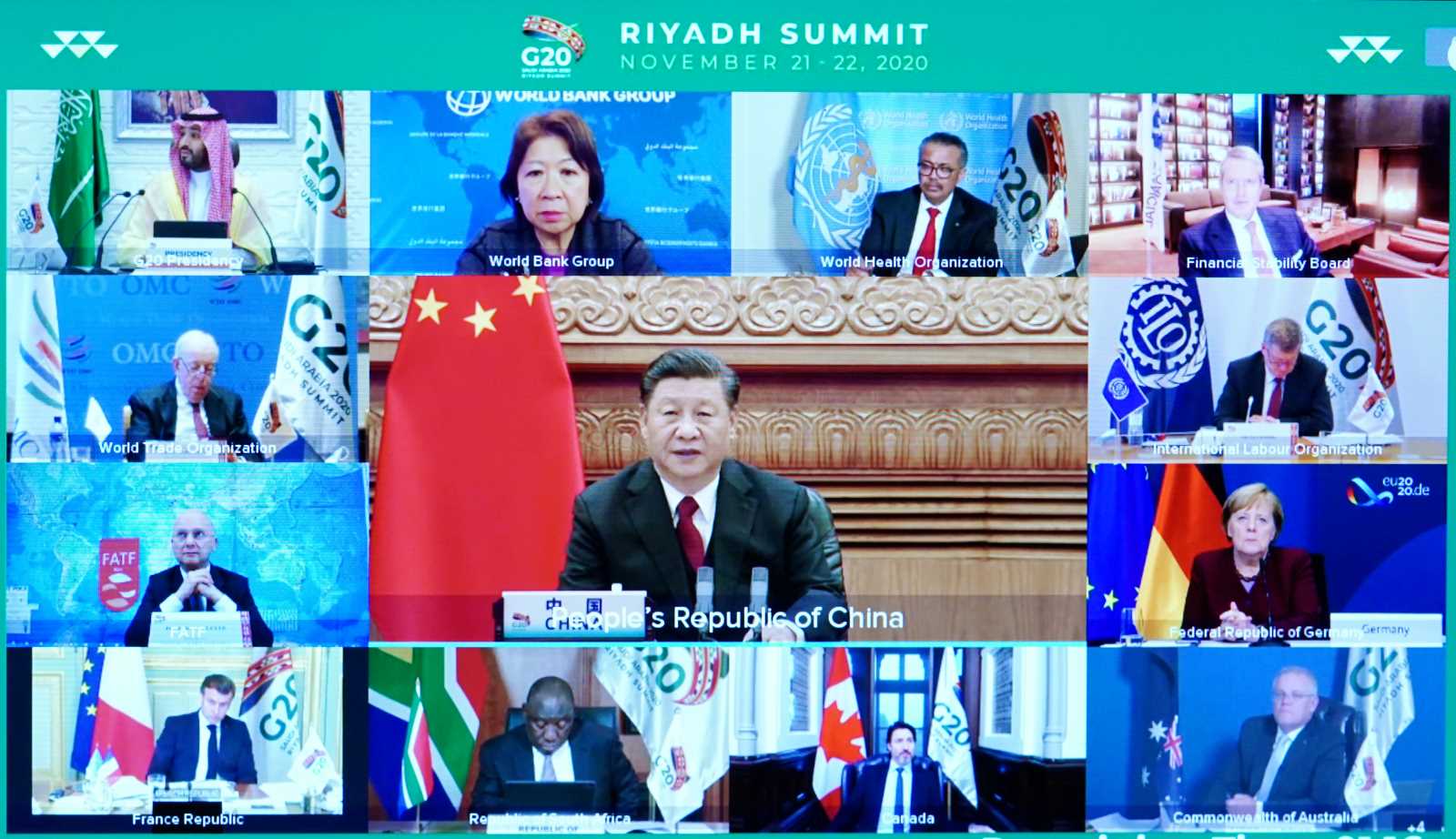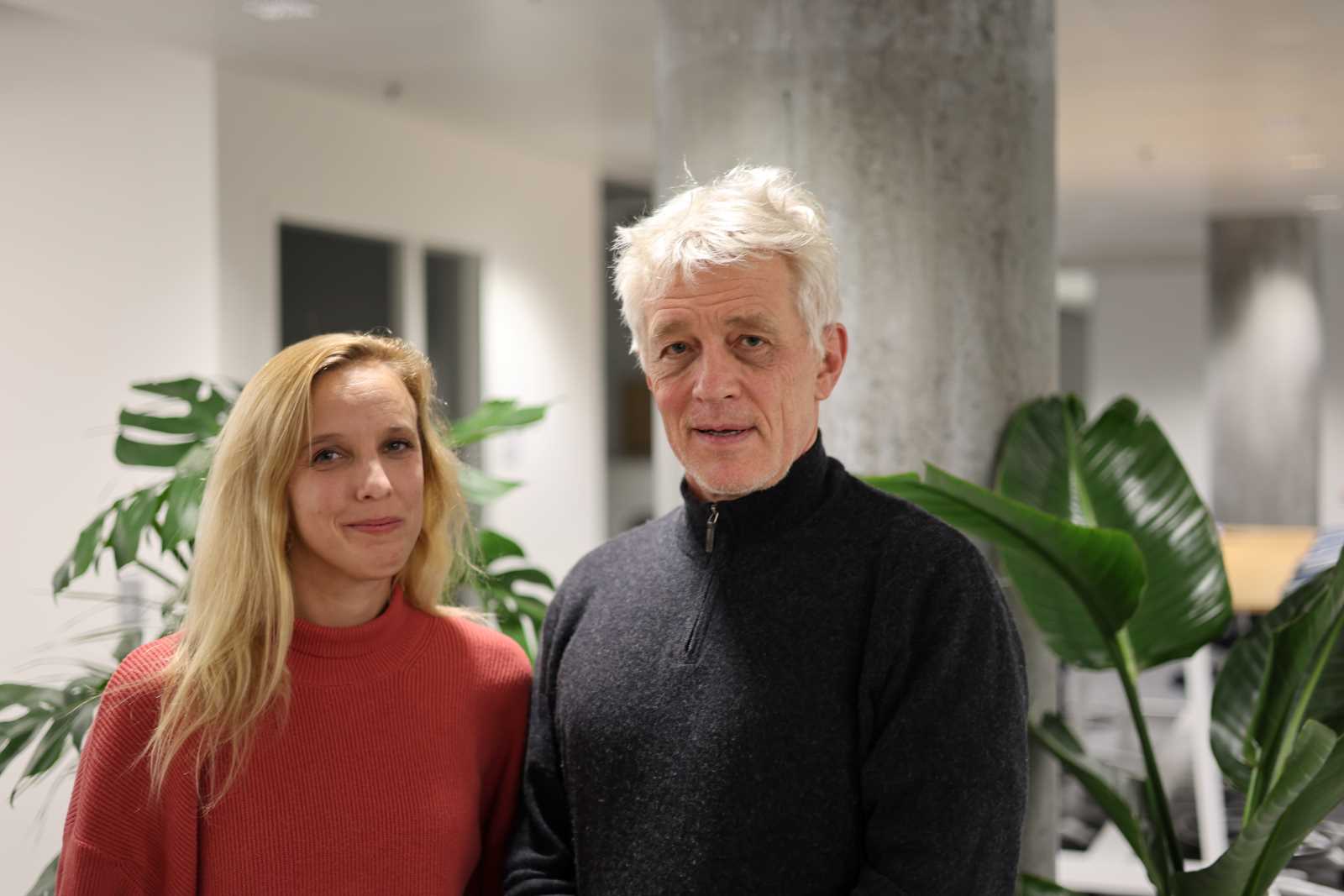World Bank
Biden’s interesting choice for the World Bank’s top job

Banga is the former chief executive of Mastercard. He grew up, went to university and started his career in India before moving to the USA. His South Asian background is undeniable in spite of his US passport.
Most likely, the World Bank’s member countries will appoint him. Critics have long bemoaned the conventional practice of World Bank presidents being US citizens and nominated by the White House.
Biden is reaching out to non-western cultures with the proposal of a manager who proudly displays his Sikh identity by wearing a turban and having a beard. In particular, Biden is reaching out to those emerging markets that have a long track record of keeping a distance from the west. People in Brazil, China and South Africa will certainly consider Banga to be Indian as well as American.
Decisive expertise
Banga’s CV does not include long stints in multilateral institutions or development agencies, but he has shown a strong interest in developmental issues, including the devastating impacts of global heating in particular. On the other hand, he has thrived as a financial-sector manager on Wall Street. He knows how to mobilise private capital and invest it competently. Biden obviously wants to shore up the World Bank as a financial institution.
Some observers are disappointed that the White House did not pick a climate expert or a development professional, but financial-sector competence may actually be more important. In-depth knowledge of ecological matters or development economics are not needed to define the right goals, but banking know-how is indispensable for achieving them. In terms of competence, Banga will thus be hard to reject. Some criticise Biden for not nominating a woman. I agree that it would be great to get a female World Bank president. I also think that Banga’s nomination makes sense in terms of fighting destructive identity politics.
Subtle message to Indians
Narendra Modi, India’s prime minister, must support the first World Bank president from his country, but is probably unhappy about Biden’s proposal. After all, Banga does not confirm Modi’s Hindu-supremacist ideology. Sikhism is a different faith, and proud Sikhs resent the attempts that Modi and his camp make to subordinate their religion to Hinduism. Banga is the son of a high ranking military officer. In his generation, that meant being raised in the Nehruvian spirit of secular nationhood which rejects sectarian divisiveness. Some Indian immigrants in the USA support Modi, but many do not. Banga is certainly in the latter camp. He is an ally of Vice President Kamala Harris, who opposes discrimination of all kinds. He has a history of supporting inclusiveness.
The Indian public celebrates compatriots who rise to positions of global leadership. Such persons represent the nation at the international level and serve as role models at the domestic one.
Biden’s subtle message to India is thus: we appreciate your great and diverse culture, but we don’t fall for your government’s ideology of an exclusively Hindu nation. By endorsing a liberal Sikh, Biden has thus weakened Modi’s claim to define Indian nationhood.
Global perspective
At the global level, Biden’s message is different. He wants the World Bank to become more forceful and to use its clout in response to the climate crisis. Global heating is indeed an urgent problem and all available resources must be used to get a grip on it. If the World Bank is becoming a climate bank, however, an unresolved question becomes even more urgent. It is to what extent climate finance is being conflated with official development assistance (ODA). The big promise was always that climate finance would be provided on top of ODA.
ODA is well defined and the flows are transparent. On average, high-income nations are paying about half of what they promised. Climate finance promises have perhaps been kept by 80 % or so, but definitions are more vague and there is obviously quite a bit of double counting with ODA. While the World Bank has not caused this bewildering state of affairs, it certainly is an agency that can contribute quite a lot to providing more transparency. International observers should therefore pay close attention to what its top leader does in this respect.
Hans Dembowski is the editor-in-chief of D+C/E+Z.
Correction 17 March 2023: This is a slightly modified version of the original manuscript. The message is the same, but spelled out more clearly.













